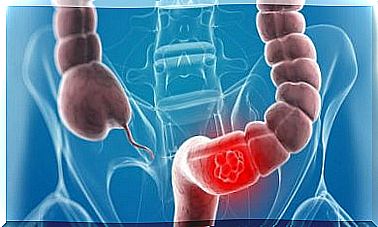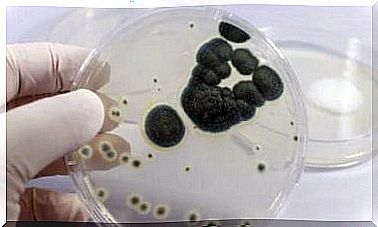What Is The Difference Between Vegan, Vegetarian And Flexitarian?
More and more people are basing their diets on plant foods, but what are the differences between vegans, vegetarians and flexitarians? In this article, we tell you.
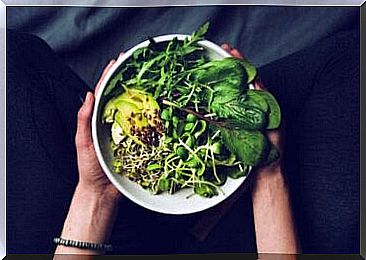
Do you know the difference between vegan, vegetarian and flexitarian? You may have heard these terms recently, but you don’t understand what they mean. While similar for those outside the field, these terms do have their substantial differences.
In these diets, priority is given to vegetables, as well as to the protection of the environment and respect for animals. In order to dispel your doubts, we tell you in this article the main characteristics of these regimes.
What’s the difference between being vegan, vegetarian or flexitarian?
These diets are booming for various reasons. To describe the consumption and lifestyle practices of each group, it is necessary to highlight a few distinctive characteristics. Let’s see which ones.
Vegan
Vegans are those who base their diet entirely on plants. That is, they do not consume dairy products, cheese, eggs or honey. However, when it comes to veganism, it goes further. This term refers to a way of life that includes a way of eating.
Veganism stems from the ethical and moral reason that humans and all other species are equal. Thus, vegans repudiate the mistreatment of animals. They do not use leather shoes or belts, products made of skin, hair and even drugs derived from them.
They are also against places where there is animal exploitation, such as zoos, horse races, circuses and rodeos, among others. In addition, they are aware of the environmental impact generated by the breeding activity.
In this regard, several studies have shown that animal husbandry, as a product of this activity, massively exploits natural resources, strengthens the greenhouse effect, acidifies soils and accumulates excess waste in rivers and seas. .
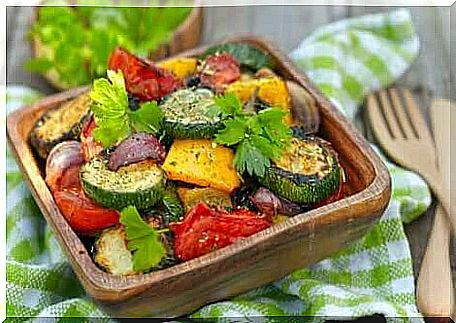
Vegetarians
The vegetarian diet is based on plant foods, such as fruits, vegetables, legumes, grains, seeds, and nuts. But it also includes dairy products, eggs, and honey. In this sense, meat and meat products are the only foods that are totally excluded.
According to the Argentinian Society of Nutrition, there may be different subgroups within this group. The best known are ovo-lacto-vegetarians, but there are also ovo-vegetarians (excluding milk and its derivatives) and lacto-vegetarians (eliminating the egg).
There are people who follow vegetarianism for life, but some of them can because they aspire to eliminate all animal products. So we can say that it is also an almost necessary transition to reach veganism.
Flexitarians
This way of eating is related to flexibility, because this group can include all people who, in general, follow a vegetarian diet, but who sometimes agree to eat meat, whether it is fish, fruits of sea, poultry, beef or others.
This group includes people who consume meat only occasionally or who prefer one type of meat over another. It is also usually a preliminary step for those who wish to switch to a vegetarian diet.
As you will see, this lifestyle is one of the fastest growing in recent times. In fact, many flexitarians don’t know they are. It should be noted that in this way eating animals does not mean transgression and does not generate feelings of guilt.
Are these diets safe?
A few years ago, diets that excluded animal products were thought to be low in nutrients. However, scientific evidence suggests that in a planned diet, the only substance that is deficient is vitamin B12.
It is synthesized by microorganisms that live in the intestines of animals, which is why the only food sources that contain it are meat, eggs, milk and their derivatives. In the case of vegetarians and flexitarians, although they consume some of it, the daily amounts recommended by professionals are not covered.
Therefore, in these population groups, prolonged deficiency of this vitamin could lead to anemia, nervous system abnormalities, delayed fetal development, memory loss, and other complications. To prevent these complications, supplements are recommended.
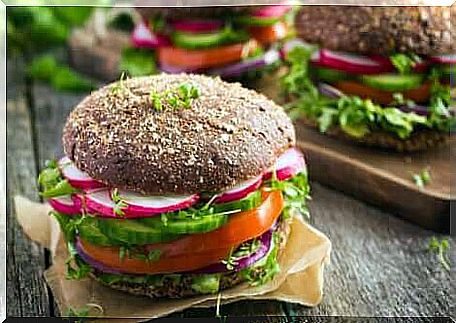
The differences between vegan, vegetarian and flexitarian
As you will see, there are marked differences between these forms of nutrition. We could say that flexitarianism is the beginning of a way of life that can evolve towards vegetarianism, and why not, towards veganism. However, this is not inevitable and a person does not necessarily go through these stages.
Bear in mind that regardless of your diet among these options, it should always be planned in such a way that it is full of nutrients and does not lead to future deficiencies and problems. Remember, if you are following these diets, it is advisable to consult your doctor or nutritionist for advice.

